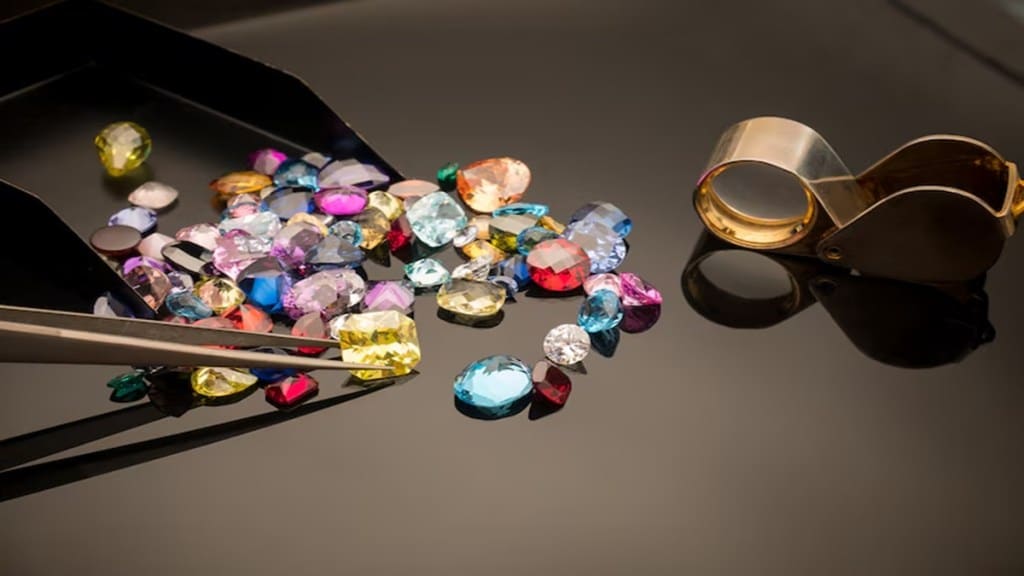With 13-15% difference in tariffs between India and the US for diamonds, precious stones and jewellery, the reciprocal tariff plan could hit India’s exports of these items to the US hard. The impending tariff increase by the US has forced industry bodies to urge the government to consider lowering India’s tariffs to a certain extent to minimise the tariff increase by the US.
The world’s largest economy accounts for 30% of India’s annual gems and jewellery exports (overall shipments stood at $32.8 billion in FY24 with exports to the US being close to $10 billion).
Though a variety of products from the labour-intensive sector is exported to the US, including cut and polished diamonds, studded gold and silver jewllery and even lab-grown diamonds, the largest segment is cut and polished diamonds.
Commenting on the impact of Trump’s reciprocal tariff plan on Indian shipments, the Gems & Jewellery Export Promotion Council (GJEPC) said about 50% of Indian gems and jewellery exports could be wiped out, leading to direct and indirect job losses for close to around 150,000. This could result in many gems and jewellery companies shifting their exports to countries such as France, Italy, Switzerland, Korea and Jordan. Additionally, the manufacturing bases of many Indian companies may shift to countries such as Oman, Singapore, Hong Kong and the UAE, the council said in a report.
To safeguard the sector’s interests, the GJEPC has asked Union commerce ministry to implement measures aimed at reducing the chances of reciprocal tariffs. Chairman Kirit Bhansali said: “We are in talks with the government to reduce certain tariffs on the US, such as reducing the 5% tariff on precious and semi-precious stones to 2.5% and lowering gold jewellery tariffs from 20% to 12%. We feel that such tariff cuts will help ease some of the tension between both countries.”
While the reciprocal tariff plan has caused unease within the industry, many companies will wait and watch before making major business decisions. Dinesh Lakhani, Director of Kiran Gems, said, “While the uncertainty around the tariffs will impact future order flows, it is typically difficult to make business decisions in a preemptive manner.” He highlighted the need for the sector to consistently enhance its competitiveness and value-addition in the global market.
Colin Shah, MD of Kama Jewellery, stated, “At this stage, we don’t anticipate an immediate impact (from reciprocal tariff), as discussions are ongoing at the government level. However, if implemented, tariffs will increase costs, affecting demand for diamonds, gold jewellery, and coloured gemstones.” He acknowledged that while the US is a key market for the sector, his company will strengthen its presence in the Middle East and Europe to mitigate risks. “Industry-wide collaboration is crucial to addressing potential challenges. Strengthening design innovation, operational efficiency, and government engagement will be key to sustaining growth despite evolving trade policies,” he said.

